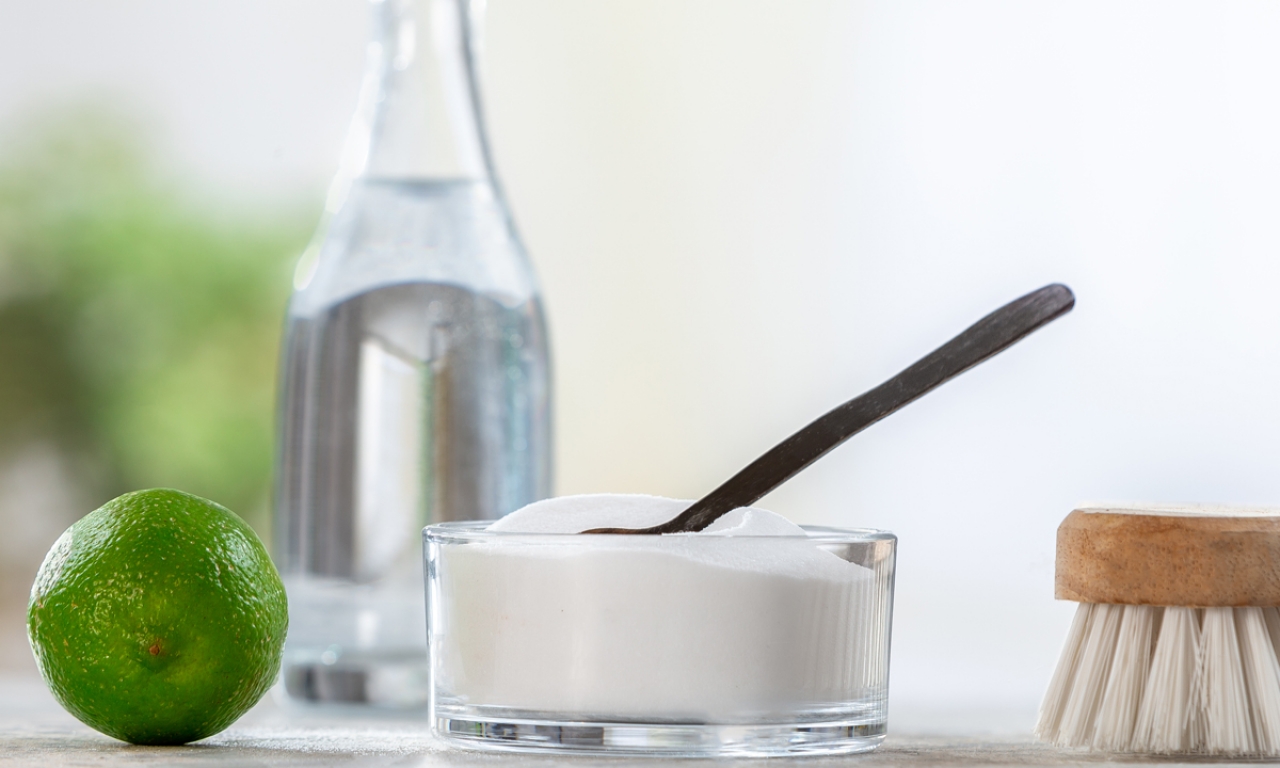The many advantages that cider vinegar can bring to your recipes are no longer a secret. Nonetheless, white vinegar will always be useful in household chores. Here are several uses for white vinegar, some of which you may already know, and other that you can add to your list of handy hints for daily housekeeping.
Cutting boards for meat: Clean with cloth soaked in vinegar.
Eyeglasses: Wet lenses. Add 2 drops of vinegar to each and wipe.
Animal urine: Clean soiled areas with half-and-half mixture of water and vinegar.
Rust: Add ¼ cup of vinegar to 8 cups of water to remove rust stains.
Soiled sponges: Let soak in 8 cups of water and ¼ cup of vinegar.
Soiled carpets: Brush with soapy water containing a bit of vinegar.
Copper: Polish with half-and-half mixture of lemon juice and vinegar.
Mold: Mix ¼ cup of vinegar with 8 cups of water and wash the contours of your windows.
Cast iron pans: Fill with water and 1/7 cup of vinegar; let boil for ½ hour and wipe clean. Remove rust spots.
Pant cuffs: Remove calcium spots by allowing area to soak in half-and-half solution of water and vinegar. Wash or dry clean.
Car mats: See above.
Pewter: Apply paste made from 1 tbsp. of salt, 1 tbsp. of flour and a hint of vinegar. Let dry and polish.
Limestone deposits: Rub bathtub rim with pure vinegar.
Laundry: Add ¼ cup of vinegar to your wash to obtain vibrant colors.
Baby toys: Add a bit of vinegar to your water to disinfect toys.
Shower head: Let soak in a small bowl filled with vinegar to eliminate deposits that may block ducts.
Drain pipes: To keep clean, pour in ½ cup of baking soda and ½ cup of vinegar. Wait 15 minutes and run hot water.
Washing machine: Fill tub with warm water and 2 cups of vinegar. Run regular cycle.


